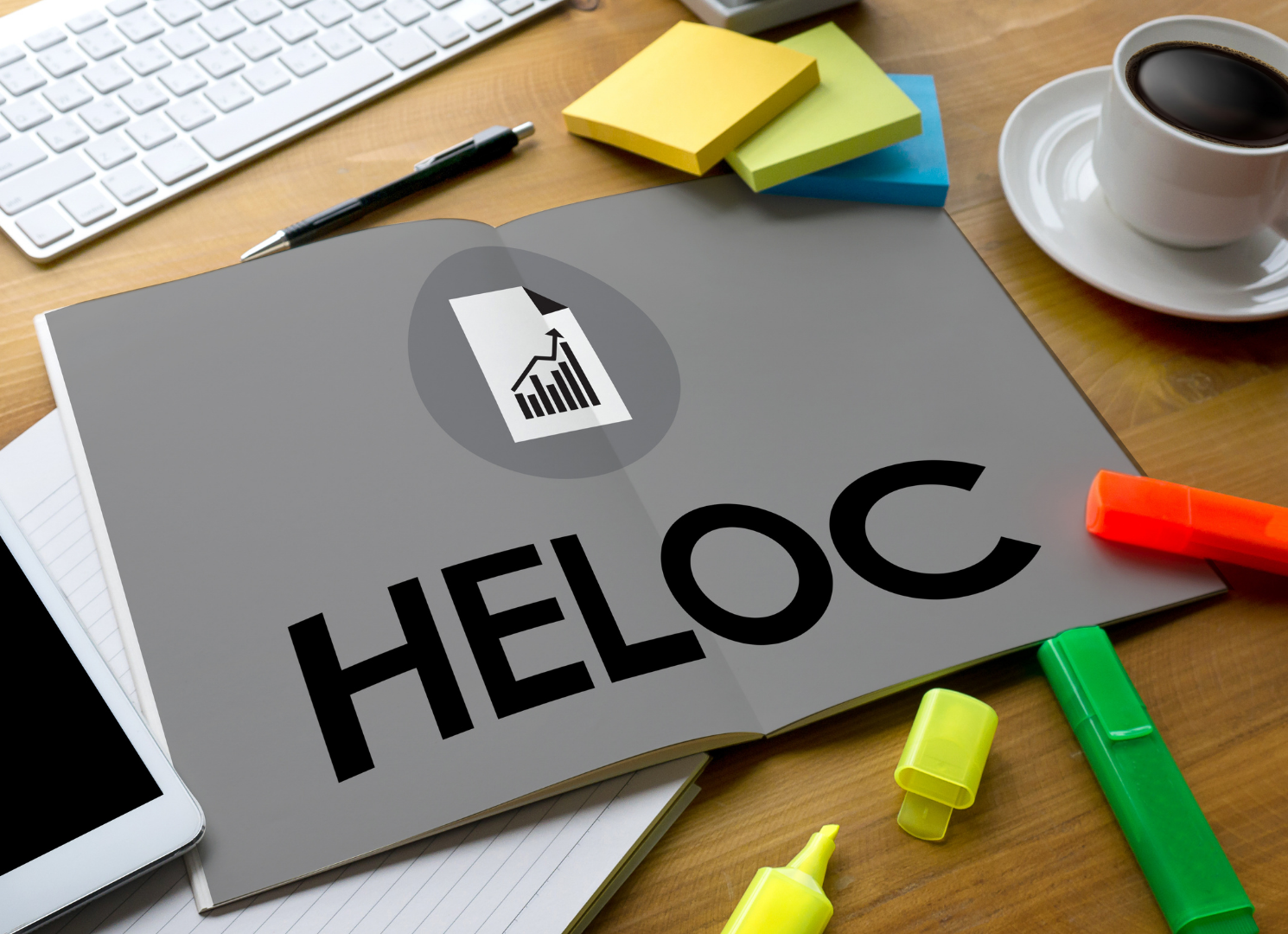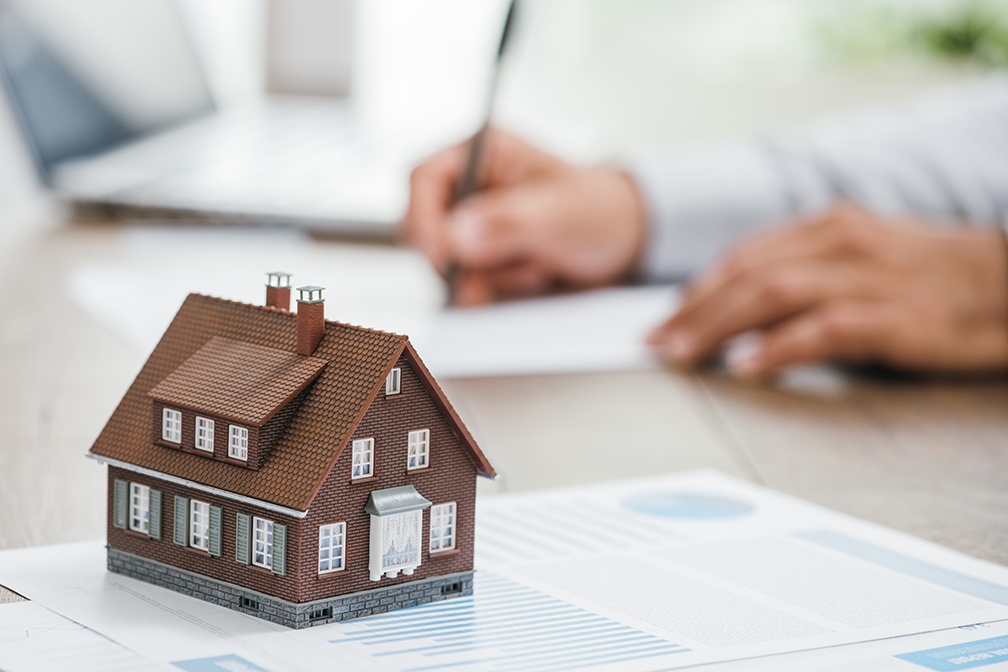Financing Options For Home Improvement Projects: What To Know
 Are you planning on updating your house? A home improvement project can be expensive, but you don’t necessarily need to pay for the entire cost upfront. There are several loan options that can make it easier for you to get your home improvement project started right now. What are your options?
Are you planning on updating your house? A home improvement project can be expensive, but you don’t necessarily need to pay for the entire cost upfront. There are several loan options that can make it easier for you to get your home improvement project started right now. What are your options?
A Personal Loan
One of the most common options people use to finance a home improvement project is a personal loan. This could be a great option for you if you don’t want to use your home as collateral or if you don’t have enough equity in your home to use one of the other options available. The downside of this option is that you might have to pay a higher interest rate because a personal loan is not necessarily collateralized.
A Cash-Out Refinance
Another popular option is a cash-out refinance. In this option, you will refinance your mortgage, replacing your current loan with a new loan. Then, you will withdraw some of the equity in your home. You will increase the balance you have to pay back, but you will have a lump sum of cash you can use to cover the cost of your home improvement project. If interest rates have gone down since you took out your first mortgage, you might be able to keep your monthly payment the same. If you can’t get a lower interest rate, you might extend the length of the mortgage to prevent your monthly payment from going up.
A Home Equity Line Of Credit
Finally, you should also consider a home equity line of credit. As long as you have enough equity in your home, you can withdraw some of the equity and use it to finance the home improvement project. Essentially, it is a second mortgage, but it has a lower interest rate than a personal loan because you use your home as collateral.
Get Ready For Your Home Improvement Project
You need to think carefully about every financing option available to you. They each have their benefits and drawbacks, and you should get your finances in order before you decide to apply for a loan. Consider reaching out to a professional who can help you.

 You were able to find a house and successfully close on it, so congratulations on becoming a homeowner! Then, you pause for a second and think: does your lender own your house? Some people believe that if they only put 20 percent down on a house, the lender actually owns the other 80 percent. Does this mean that your lender still owns a large portion of your house? This is not the case, but there are some caveats that you need to keep in mind.
You were able to find a house and successfully close on it, so congratulations on becoming a homeowner! Then, you pause for a second and think: does your lender own your house? Some people believe that if they only put 20 percent down on a house, the lender actually owns the other 80 percent. Does this mean that your lender still owns a large portion of your house? This is not the case, but there are some caveats that you need to keep in mind. If you are applying for a home loan of any kind, there is a high likelihood that your lender will require a home appraisal. An appraisal is done to figure out how much your home is actually worth because the lender does not want to lend you more money than you could theoretically sell the home for in the future. There are some situations where the lender might be fine with a drive/by appraisal. What does this mean?
If you are applying for a home loan of any kind, there is a high likelihood that your lender will require a home appraisal. An appraisal is done to figure out how much your home is actually worth because the lender does not want to lend you more money than you could theoretically sell the home for in the future. There are some situations where the lender might be fine with a drive/by appraisal. What does this mean?